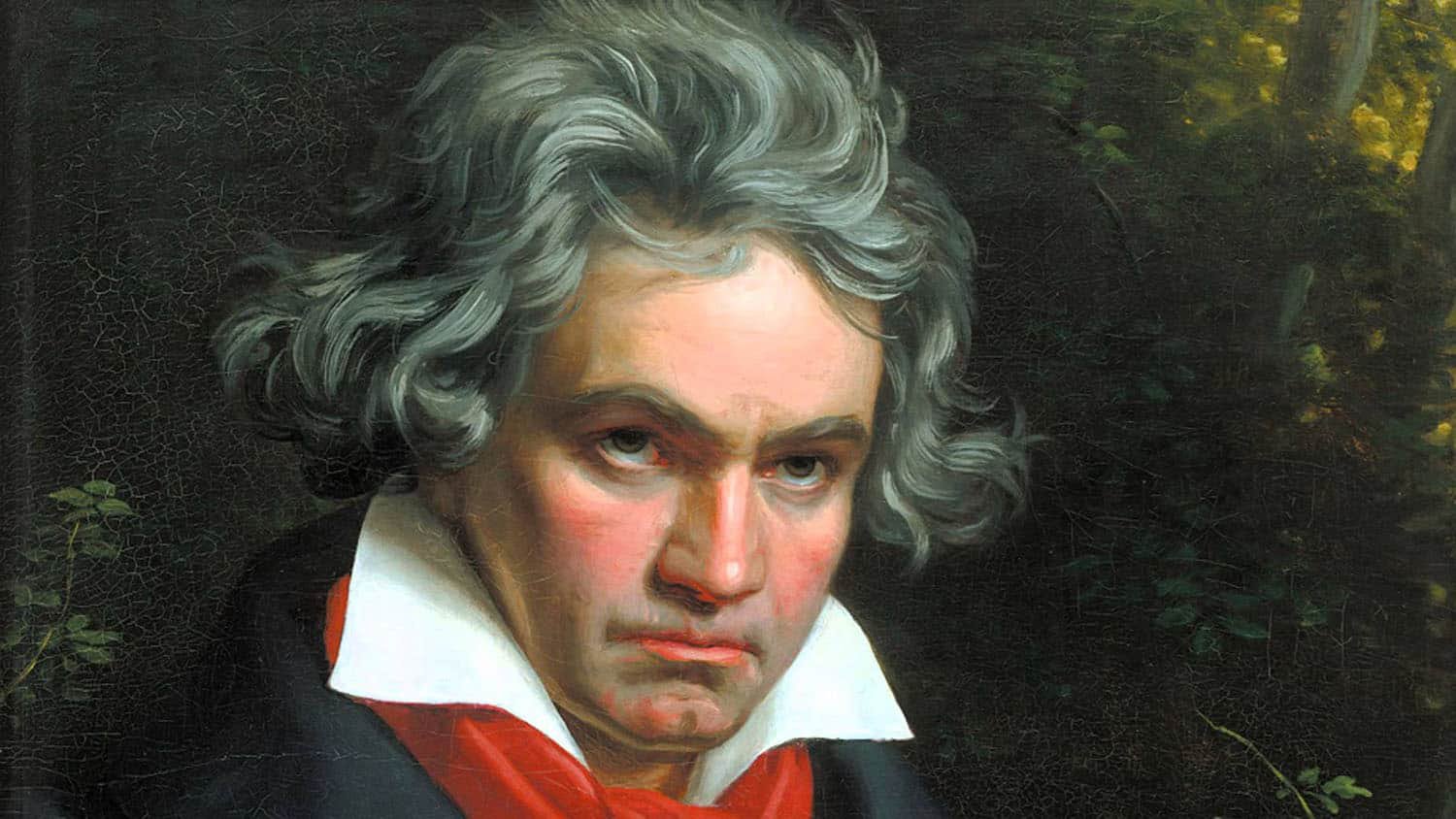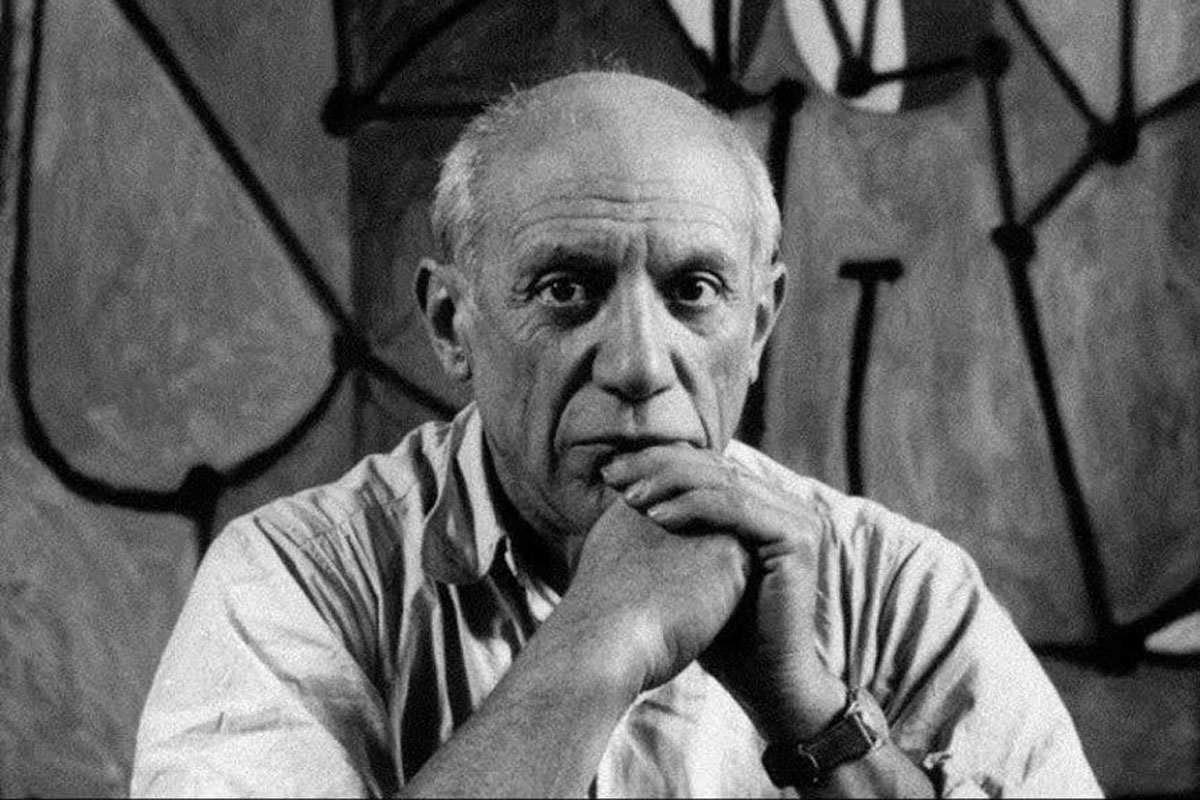This series of articles seeks to examine the character attributes of highly successful leaders, regardless of their adherence to a strong faith or moral standard. In presenting these thoughts, Leadership Ministries is not agreeing with or advocating these traits or practices, but rather presents these as ideas for discussion and development in your own leadership journey.
Johannes Gensfleisch zur Laden zum Gutenberg (1393 – 1468) was a German inventor. He is the originator of the moveable type printing press. Though a similar invention was already in use in Asia, Gutenburg’s printing press led to the explosion of knowledge through printed books in Europe during the Renaissance, igniting the information age as the mass production of literature transformed how people learned and disseminated facts and stories. Today he is regarded as one of the most important figures of the last 1,000 years.
Despite his household-name status, we know very little about Gutenburg’s childhood or youth. In fact, his birth year is a best-guess, based on fragments from a few documents about his later life. He may have studied at the University of Erfurt. His father, a patrician, died in 1419, and he is mentioned in the inheritance paperwork. Likely because of his family’s political standing, Gutenberg would have been educated in reading and math, and have a knowledge of Latin. The first known record of Gutenberg is a letter he wrote in 1434, indicating he lived in Strasbourg.[1]
By 1444 there is evidence that Gutenberg was working on a printing press and had perfected several aspects of its operation. In 1450 the press was up and running, and copies of a German poem were being distributed. Gutenberg conceived a project to print the Bible. He borrowed some money, and began working on it in 1452. Eventually he printed about 200 copies over three years—a miraculous feat in an age of hand-copied manuscripts.[2]
Modern letterpress printing is still utilized. The premise behind high-capacity oil-based ink presses can still be linked back to Gutenberg’s original design.
Spread the word. Prior to the printing press, one hand-copied book cost as much as a house, and libraries were rare. The largest European library at the time had 300 total manuscripts. Gutenberg’s invention accelerated the rediscovery and sharing of knowledge. By the 1490s, a book cost a month’s salary for a school teacher. Ancient texts by Plato and Aristotle were being republished as the Renaissance was in full swing. In science, the sun-centric model of the solar system proposed by Copernicus relied on printed astronomical tables of planetary movements. Philosophers including John Locke, Voltaire and Rousseau were widely read.
As common people gained knowledge and public opinion could be captured in print, the ruling elite began to lose power. Frenchman Louis-Sebástien Mercier declared, “A great and momentous revolution in our ideas has taken place within the last thirty years. Public opinion has now become a preponderant power in Europe, one that cannot be resisted… [Printing] is the most beautiful gift from heaven. Printing was only born a short while ago, and already everything is heading toward perfection… Tremble, therefore, tyrants of the world! Tremble before the virtuous writer!”
Your work can have ripple effects. Prior to Gutenberg, the Roman Catholic Church was the primary religious authority in Europe. Ordinary citizens could not argue against questionable church teachings, like the sale of indulgences—forgiveness of sins—which the church used to make money. Though the Scriptures didn’t support these policies, the printed Bible existed as handwritten copies penned in Latin, available only to priests and other high church leaders. Then in 1517 a young theologian named Martin Luther wrote a thesis exposing some Catholic teachings as questionable. The thesis was printed as a pamphlet on Gutenberg’s presses and handed out to the public—more than 50 printing companies in Germany replicated Martin Luther’s work.
The result was an uprising for changes in the church. Roman Catholic leaders didn’t approve, of course, and excommunicated Luther from the order. During this banishment, Luther made good use of the time, translating the Old and New Testaments from Latin to German. The average Christian now had access to the printed Bible in their own language, and a significant reformation began. As ordinary people read the Bible, and grew to understand its teachings, some groups separated from the Roman Catholic Church over doctrine. Protestantism was born, a religious movement that contains many of today’s Christian denominations. In general, reformers argued that salvation was a completed status based on faith in Jesus alone, versus a process that could involve good works, as was the Catholic view at the time. Lutheranism and Calvinism came from this era, as did the Catholic Reformation.
Gutenberg printed about 200 copies of the Bible—an astounding feat considering a handwritten copy of the time took more than two years to complete.
Business sense is always needed. Gutenberg was an excellent engineer and inventor, but a poor businessman. He borrowed money for his Bible printing project from Johann Fust, who later sued him for misusing the funds. Fust argued that his funds were used for non-printing purposes, and Gutenberg couldn’t prove otherwise. He lost in court and went bankrupt. He was able to later restart his workshop, but because he did not put his name or date in any of his printed books, historians are uncertain what he was able to print later in life. Fust took over the original printing shop and continued printing books, with no mention of Gutenberg.
In 1465, Gutenberg’s achievements were recognized by Archbishop von Nassau, who gave him the title of Hoffman (gentleman of the court) and an annual stipend of money, grain and wine. Gutenberg died in 1468. He was likely buried near a church in Mainz, but those were later destroyed in war and his grave is now lost. Gutenberg did not live to see the enormous impact of his invention on the world. Though we have modern refinements and newly applied technologies, Gutenberg’s basic process by which we put ink to paper remains the cornerstone of printing to this day.


































Orville and Wilbur Wright were two American aviation inventors who are credited with the world first successful airplane. They made their first controlled flight in December 1903 in Kitty Hawk, North Carolina.